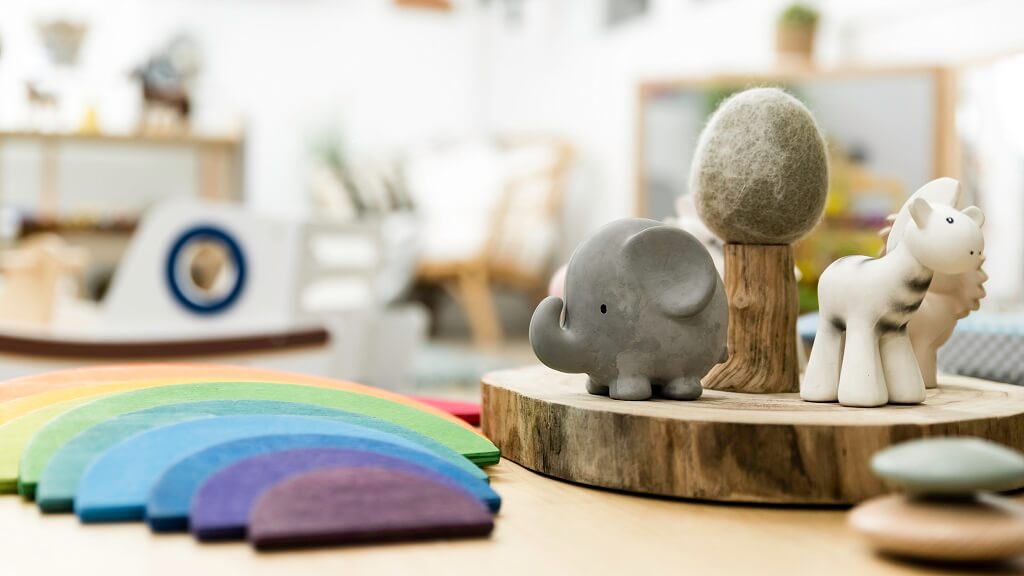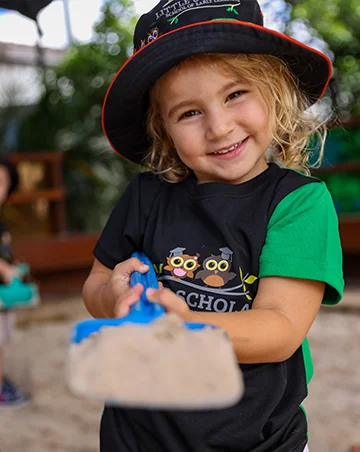Sadly, losing a pregnancy is a heartbreak many Australian families experience at least once in their lives. In fact, up to one in five pregnancies end in miscarriage or the loss of a child. When that loss happens, emotions can range from sadness, depression, anxiety, anger, and confusion. These feelings are not only limited to the parents but the whole family.
Even as their parent, it can be hard to figure out how to talk to your children about the loss of a baby, especially as you process your own feelings about it. How that talk happens will likely depend on your child’s age, developmental level, and temperament.
Even if they hadn’t been told about the pregnancy, your child may have the sense something sad has happened. How you handle this is up to you. This may be the time where you tell them what happened, or perhaps it’s something like ‘Mummy and Daddy are feeling sad, but don’t worry, we’ll be okay and nothing we feel takes away from how much we love you.’
If your child has been told about the pregnancy, use words and concepts that they can easily understand. For example, the word miscarriage isn’t a term many young children would recognise. Additionally, toddlers and preschoolers also may not understand a phrase like pass away, so try to steer clear of euphemisms and cliches.
You may choose to explain that the baby was sick and couldn’t live outside of Mummy’s belly. Or that while your child grew strong and healthy in Mummy’s belly, you don’t know why but this baby did not. Remind your child what happened was no one’s fault, and nothing could’ve changed what happened.
Share feelings
Tell your child there’s no shame in showing emotion. If you get upset while talking to your child, you could explain it by saying something like ‘Mummy was crying today because she’s sad about the baby,’ or ‘Daddy was frustrated today because there was nothing he could do for the baby.’ Children are better at ‘reading the room’ than you think. They can pick up on the emotions of the grownups around them and their behavior might shift – try to be patient and understanding while they process their feelings.
Remind your children that it’s something hard that’s happened to the family, and it’s okay to feel sad, angry, confused or any other emotions they may be feeling. Sharing how you feel demonstrates healthy coping skills, a valuable life-long skill for your child. Don’t be afraid to ask your child for a hug if you need one, they may like to know they can comfort you too.
Processing grief
Ask your child if they have any questions about what happened, they may have lots or may not say much at all. Give your child time to process what they’ve just heard and remind them that you’re always there if they have questions later or just want to talk. Offer coping strategies if that might work, either through conversations, books to read, art, or through play.
Check-in with them after a few hours or a few days. Once they’ve had some time to sit with the news, there may be follow-up discussions to have and let them know that’s okay. Encourage them to talk about it with you or someone they trust. If you’re comfortable let your child’s educator know there’s been a loss in the family or some changes at home, this allows your child’s educator to support them and to expect changes in behaviour and will ensure they can help your child navigate their emotions while in their care.
Closure
Depending on your culture or religion, you may want to host a grief ritual following a pregnancy loss, anything from a funeral to planting a tree in the baby’s honour. Invite your child to participate.
Self-care
Don’t forget to look after yourself. Take time to grieve and to heal. It can be hard when you have other family members to look after, but it’s important for the whole family that Mummy or Daddy’s mental health is looked after. Do whatever self-care means to you. Take a bath, take a walk, embrace your emotions through writing or art. Talk to your partner, a friend or family member, a professional, or someone you may know who has gone through something similar. There are groups on Facebook or even hashtags to follow on Instagram or TikTok if those are spaces that work for you.
There are also several charity and support organisations:
Parent TV video resources
- How should I tell my child about a sudden tragic death?
- Helping children cope with death
- How to support someone after a major loss
Finally, keep in mind a child’s grief can look very different from your grief, as well as how they deal with that grief. Let your child know they’re loved, there was nothing they did or didn’t do that could have changed the outcome, and that you’re here for them in whatever way they need you to be.



